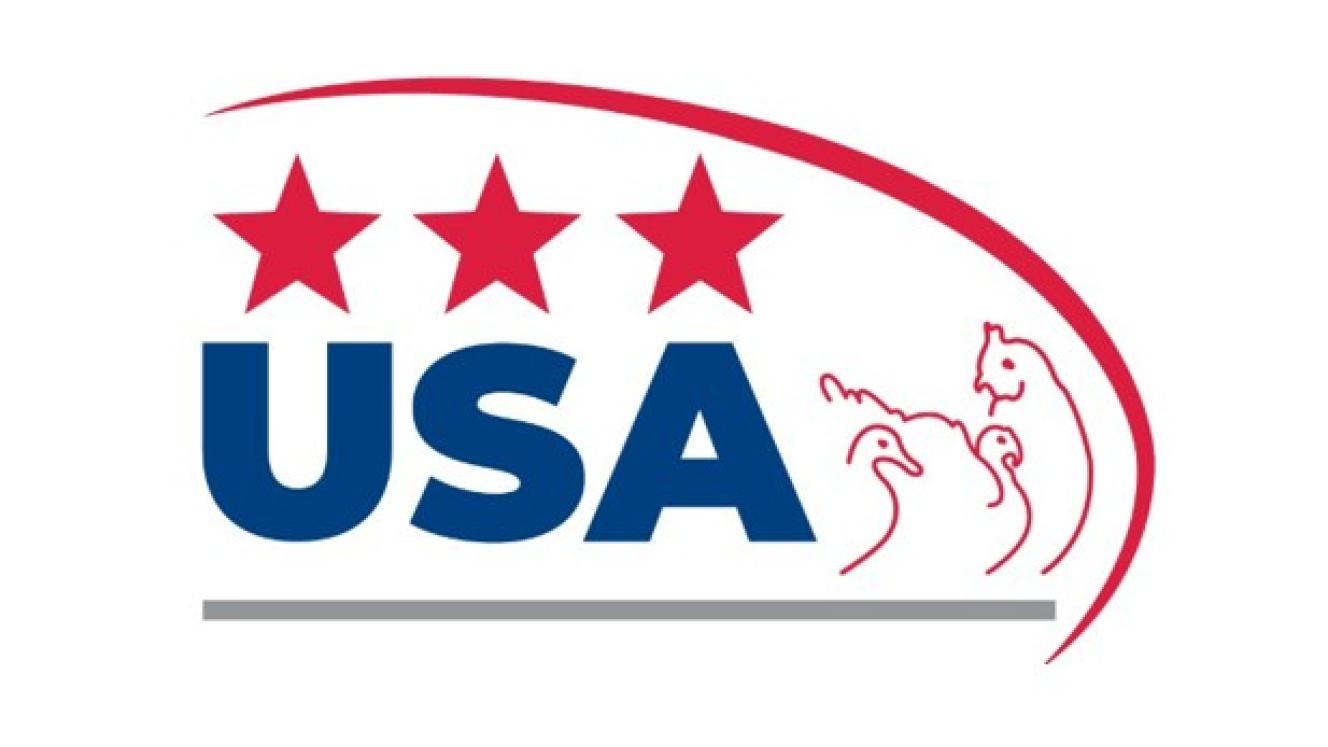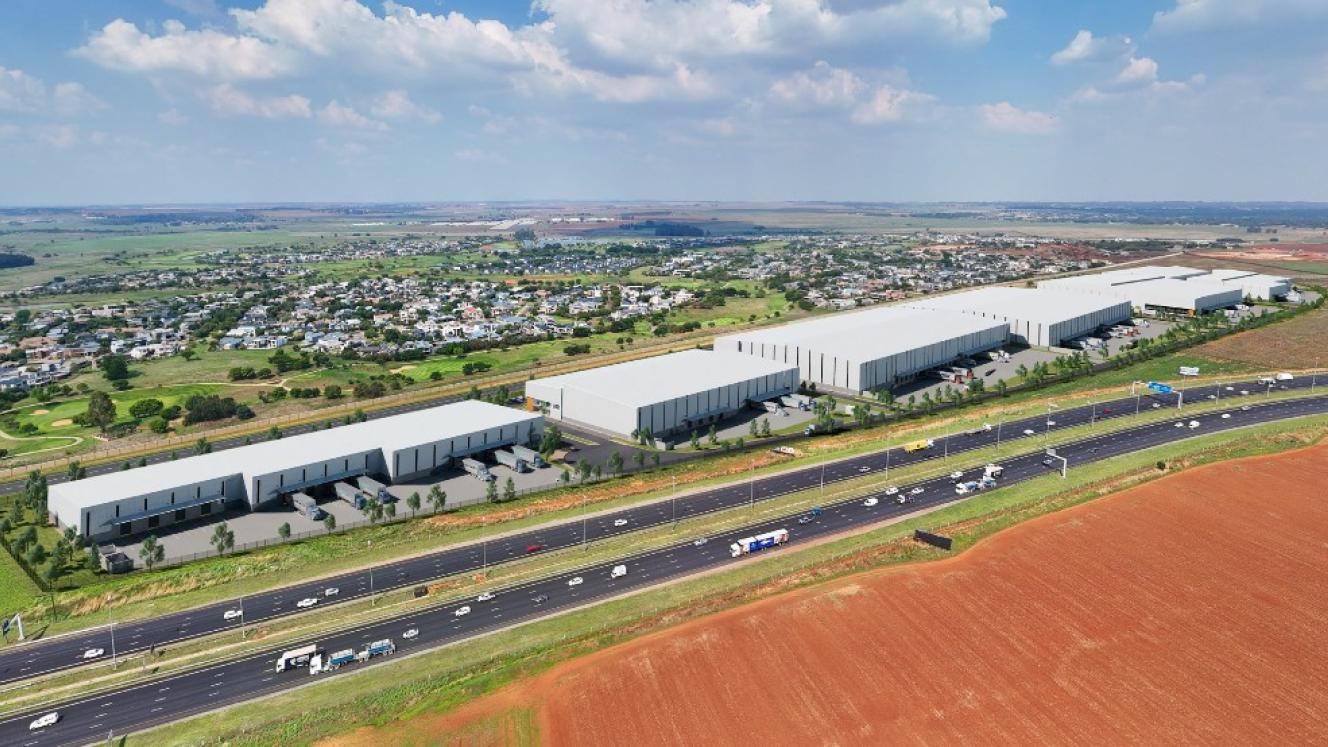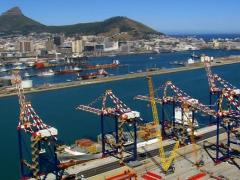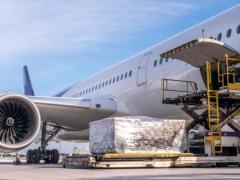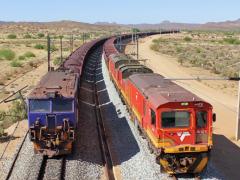There’s a battle brewing over US chicken entering the South African market at dumped prices.
American poultry producers and South African chicken importers are fighting to retain an annual quota that allows huge volumes of US chicken to enter the SA market duty-free.
Advocacy group FairPlay points out that this transgresses World Trade Organization rules and that the quota should have fallen away. But those involved in bringing US chicken to South Africa are doing their best to see that it continues under a new trade deal with the Trump administration.
“South Africa has offered to continue the 72 000-tonne quota, as a sweetener to try to lower the 30% tariffs being applied by America. South African chicken producers oppose it, but importers – who make their money from the trade – are fighting to retain it.
“That’s why they are preparing the ground for a continuation of the 72 000-tonne annual quota of United States chicken allowed to be imported into South Africa free of the anti-dumping duties that should apply.”
That quota was forced on South Africa by US negotiators in 2015 as a condition of the renewal of South Africa’s benefits under the African Growth and Opportunity Act (Agoa) legislation. And it should no longer apply, because the flipside of that condition was that the quota would fall away if South Africa lost those other benefits.
Those benefits have gone because of new US tariffs on South African exports. Therefore, argue South Africa’s poultry producers, the quota should be rescinded. However, American trade negotiators want the quota to apply regardless of any Agoa conditions, and they want to escape other tariffs on US poultry as well.
ChickenFacts, owned by chicken importers and a mouthpiece for their objectives, has said the quota does no damage, and it helps US chicken producers to fill a gap in the South African market.
Anti-dumping duties have been in force against US chicken imports since 2000, because the South African trade regulator Itac found that these imports came in at unfairly low prices, transgressing WTO rules, materially harming the industry and threatening its jobs.
In 2024, Itac renewed the anti-dumping duties, because it found that lifting them “would likely lead to the continuation and/or recurrence of dumping and the recurrence of material injury” to the poultry industry and its jobs.
The American poultry industry has also joined the fight. In a report in News 24, US poultry bosses contended that dumping would not happen. They argued that fears expressed by South African poultry producers that South Africa could face a flood of dumped US chicken imports “were not supported by the facts”.
The US poultry bosses would also have us believe that filling the 72 000-tonne quota “does not in any way constitute dumping”.
But the quota is equivalent to a licence to dump, because it specifies that no anti-dumping duties will be applied to 72 000 tonnes of chicken imported from the US at unfairly low prices. It’s a fair assumption that every tonne imported under the quota is dumped.
All of these arguments will come up in the trade deal negotiations with the US. South African negotiators should beware of fallacies dressed up as facts, the organisation points out.
Source: FairPlay
